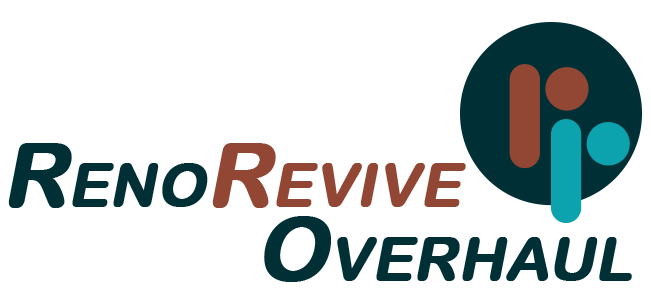Embarking on a home improvement project involves making a myriad of decisions, but one of the most critical is whether to tackle the project yourself or hire a professional. Both DIY and professional services have their advantages and drawbacks, including cost considerations. In this article, we’ll explore the factors to consider when deciding between a DIY approach and hiring a pro to ensure you choose the most cost-effective option for your project.
Assess Your Skills and Experience: Before making a decision, honestly evaluate your skills and experience in the specific task or trade required for your project. Are you comfortable with basic carpentry, plumbing, electrical work, or painting? If you lack experience or confidence in these areas, it may be safer and more cost-effective to hire a professional.
Consider the Complexity of the Project: The complexity of your project plays a significant role in determining whether DIY or professional assistance is the best option. Simple tasks like painting a room or assembling furniture are generally well-suited for a DIY approach. However, more complex projects such as kitchen renovations or electrical rewiring may require the expertise of a professional.
Evaluate Time and Resources: DIY projects often require a significant investment of time, energy, and resources. Consider whether you have the time and motivation to dedicate to the project, as well as access to the necessary tools, equipment, and materials. If you’re juggling a busy schedule or lack the resources to complete the project efficiently, hiring a professional may be the more cost-effective option in the long run.
Compare Costs: Cost is a crucial factor in deciding between DIY and hiring a professional. While DIY projects may seem cheaper upfront since you’re not paying for labor, it’s essential to consider the total cost, including materials, tools, permits, and potential mistakes or rework. Request quotes from reputable professionals to compare costs and determine the most cost-effective option for your budget.
Factor in Risk and Liability: DIY projects inherently carry more risk and liability compared to hiring a professional. Mistakes or accidents during DIY renovations can result in costly damage, injuries, or code violations. Consider whether you’re willing to assume the risk and responsibility associated with DIY or prefer to delegate these tasks to a qualified professional.
Account for Quality and Expertise: While DIY projects offer the satisfaction of completing a task yourself, they may not always deliver the same level of quality and expertise as professional work. Professionals bring specialized skills, training, and experience to the table, ensuring that the job is done correctly and up to code. Consider whether the quality and durability of the end result are worth the investment in professional services.
Evaluate the Return on Investment (ROI): Consider the potential return on investment (ROI) of your home improvement project when deciding between DIY and hiring a pro. Some projects, such as major renovations or upgrades, may significantly increase the value of your home and justify the cost of hiring a professional. Evaluate the long-term benefits and ROI of the project to make an informed decision.
Choosing between DIY and hiring a professional for your home improvement project requires careful consideration of various factors, including your skills, the complexity of the project, time and resources, costs, risk and liability, quality and expertise, and the potential return on investment. By weighing these factors and assessing your unique circumstances, you can determine the most cost-effective approach for your project. Whether you decide to roll up your sleeves and DIY or enlist the help of a professional, the ultimate goal is to achieve a successful outcome that enhances your home while staying within your budget and timeline.

